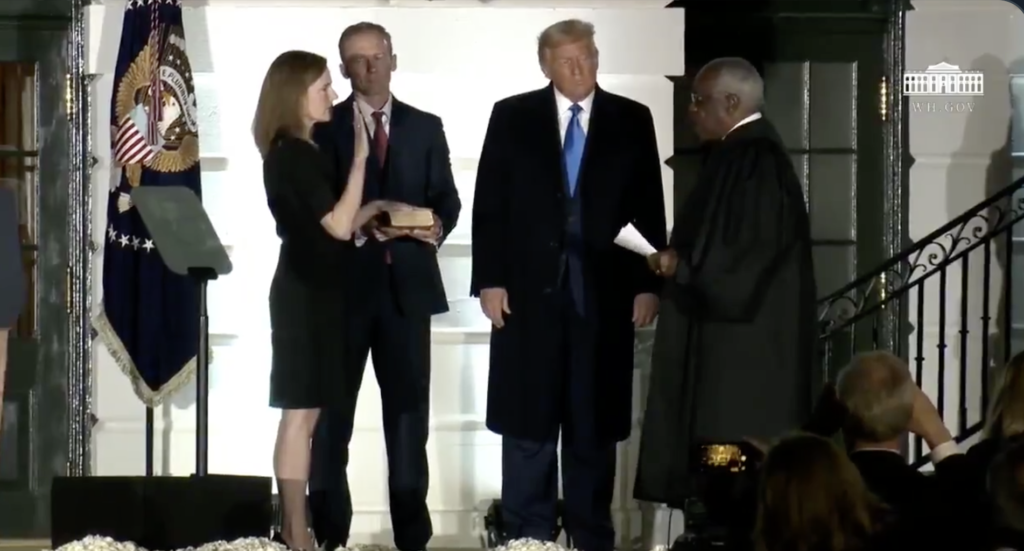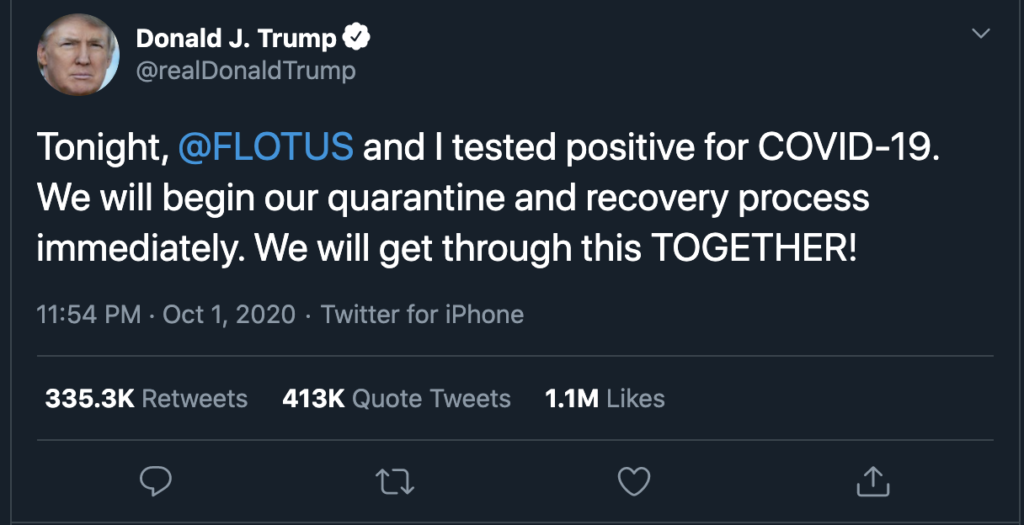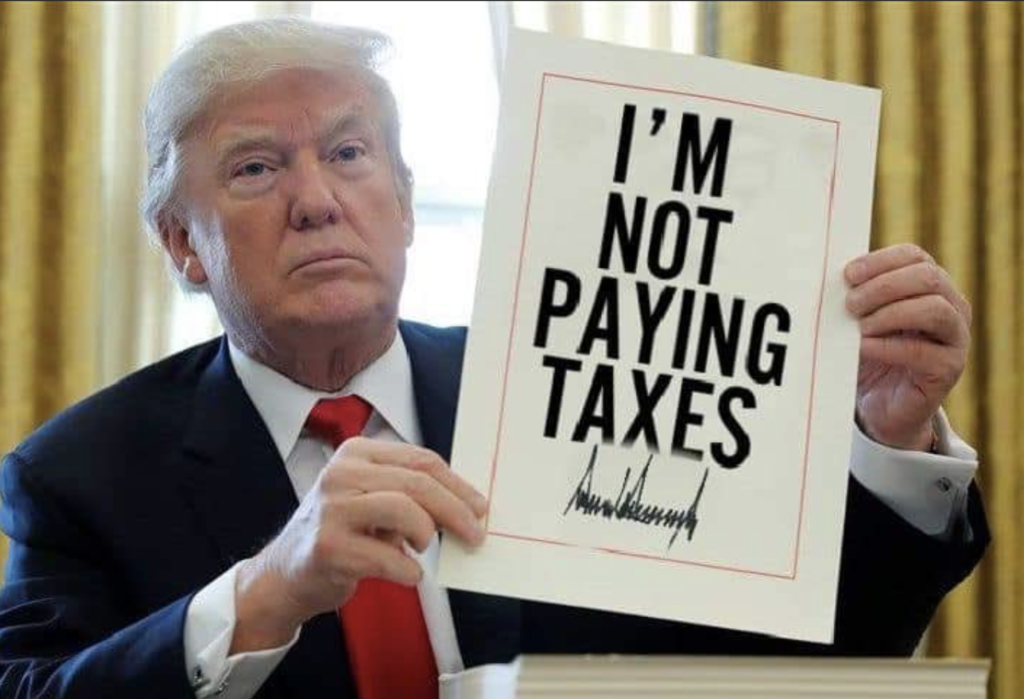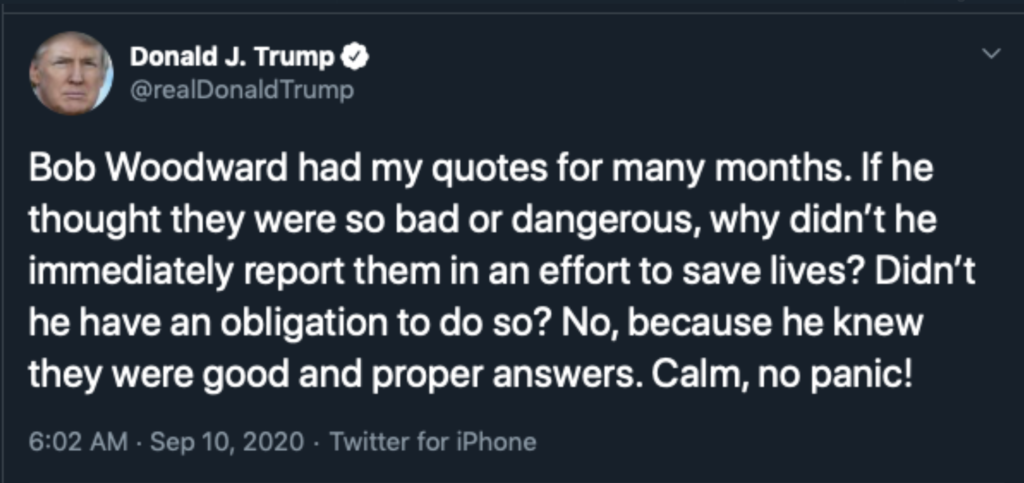Gay Marriage Wins Big with Supreme Court Ruling
26 Jun, 2013
The Supreme Court on Wednesday handed a significant victory to gay rights advocates by recognizing that married gay men and women are eligible for federal benefits and paving the way for same-sex marriage in California.
The court, however, fell short of a landmark ruling endorsing a fundamental right for gay people to marry.
The two cases, both decided on 5-4 votes, concerned the constitutionality of a key part of a federal law, the Defense of Marriage Act (DOMA), that denied benefits to same-sex married couples and a California state law enacted in 2008, called Proposition 8, that banned gay marriage.
The Supreme Court rulings come amid rapid progress for advocates of gay marriage in recent months and years in the United States and internationally. Opinion polls show a steady increase in U.S. public support for gay marriage.
Gay marriage is an issue that stirs cultural, religious and political passions in the United States as elsewhere. Gay marriage advocates celebrated outside the courthouse. An enormous cheer went up as word arrived that DOMA had been struck down. “DOMA is dead!” the crowd chanted, as couples hugged and cried.
The court struck down the federal law as a violation of the U.S. Constitution’s guarantee of equal protection under the law but ducked a ruling on Proposition 8 by finding that supporters of the law did not have standing to appeal a federal district court ruling that struck the law down.
While the ruling on DOMA was clearcut, questions remained about what exactly the Proposition 8 ruling will mean on the ground. There is likely to be more litigation over whether the district court ruling applies statewide.
In the DOMA case, Justice Anthony Kennedy wrote for the majority that the federal law, as passed by Congress in 1996, violated the U.S. Constitution’s guarantee of equal protection.
“The federal statute is invalid, for no legitimate purpose overcomes the purpose and effect to disparage and to injure those whom the state, by its marriage laws, sought to protect in personhood and dignity,” Kennedy wrote.
Kennedy, often the court’s swing vote in close decisions, also said the law imposes “a stigma upon all who enter into same-sex marriages made lawful by the unquestioned authority of the states.”
Chief Justice John Roberts and Justice Antonin Scalia both wrote dissenting opinions.
Roberts himself wrote the Proposition 8 opinion, ruling along procedural lines with the court split in an unusual way.
Twelve of the 50 states and the District of Columbia recognize gay marriage. Three of those dozen – Delaware, Minnesota and Rhode Island – legalized gay marriage this year.
Section 3 of the Defense of Marriage Act limited the definition of marriage as between a man and a woman for the purposes of federal benefits. By striking down Section 3, the court cleared the way to more than 1,100 federal benefits, rights and burdens linked to marriage status.
President Barack Obama is the first sitting U.S. president to endorse gay marriage but he had long asserted that same-sex marriage was a matter for the states to handle. At the last minute, however, his administration decided to enter the California dispute and argue that federal guarantees of constitutional equality forbid states from limiting marriage to heterosexuals.
Reuters
Mentioned In This Post:
About the author
Related Posts
-

Like it or Not, Amy's In.
-

If Only We All Had Rich Daddies
-

"Don't Be Afraid of COVID!" He Says
-

Trumps In The Hospital and His Cronies Are Infected
-

Trump Tests Positive for the 'China Virus'
-

Is Anyone Really Surprised??
-

Rest In Peace RBG
-

Don't Believe Your Ears, Believe Me.
-

Can Trump's Actions Really Shock You Anymore?
-

Poll Numbers No Good? Fire Someone










